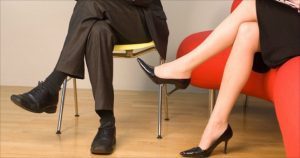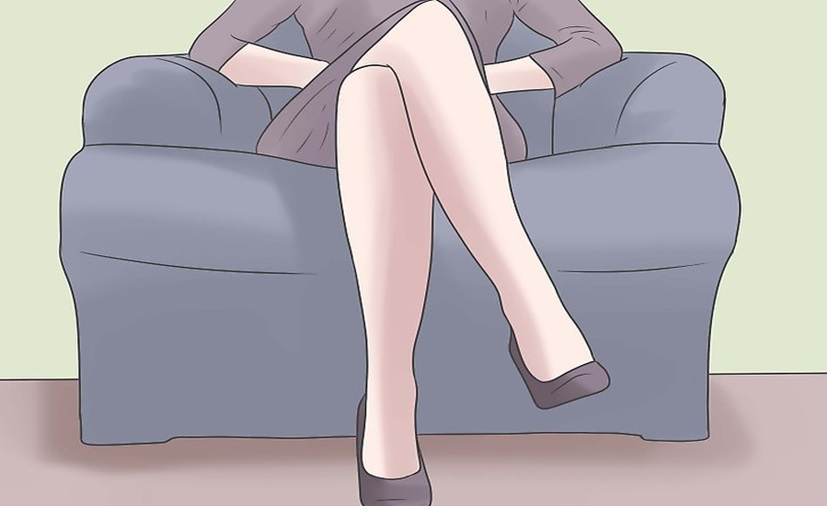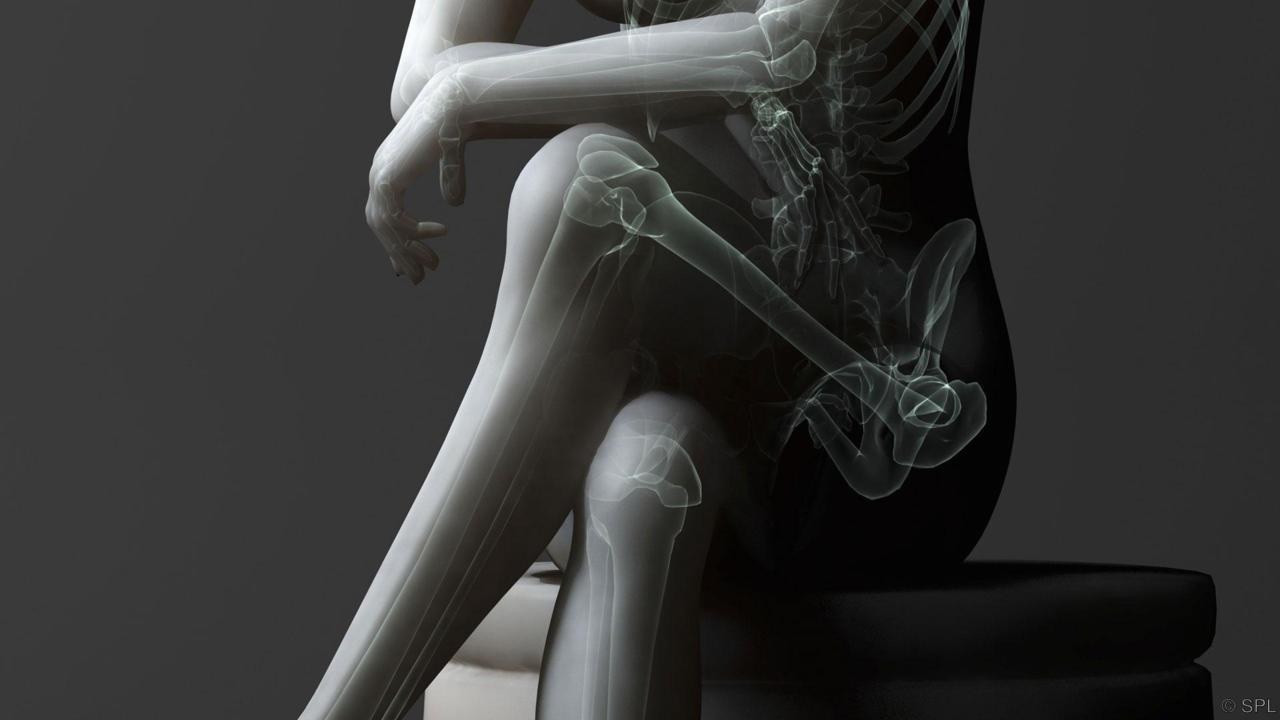
Crossing Your Legs – Does It Effects You?
If you are at work, at home, or on the bus, then at some point you sat down and crossed your legs. You might feel comfortable but, is it good for your health? Did you think about it for once?
You may have heard that crossing your legs can give you varicose veins or that sitting with your legs crossed for an extended amount of time can increase your blood pressure.

We’ve used to cross our legs without thinking, but none of us know that by crossing legs we need to face many health problems.
You’ll be well informed and know how to prevent circulation problems with one simple move.
Problems you face by crossing legs
#1. Problem
Maintaining the same posture for a long time can lead to a condition known as peroneal nerve paralysis or palsy. The problem occurs because you sit for a long time in that same position(crossed legs). It turns out that the position that is most likely to cause the peroneal nerve palsy is the cross-legged position.

#2. problem
Recent studies proved that when you cross your legs and sit for a long time then, the blood pressure in your body drastically increases. Even if you don’t have any problems with your health and blood pressure, avoiding sitting in this position can help you live a healthier life and prevent further circulatory disorders.

#3. Problem
Crossing Legs can also lead to pelvic imbalance. Leg-crossing leads to inner thigh muscle shorter and the outer thigh muscle longer. It also puts your joints at risk of moving out of place.

#4. Problem
There are many small valves in the blood vessels, which prevent blood from flowing in the wrong direction. When you sit by crossing legs, the pressure on your veins increases and impedes your blood flow, causing the vessels to narrow and weaken and allowing the backflow of blood. It can cause pooling of blood in the legs and make your veins swell.
Change Your position and postures throughout the day
Take regular breaks, if possible every hour, changing positions from sitting to standing or walking for a few minutes.
Where possible, use the stairs and not the lift. Park your car a little further so you get that all important incidental exercise into your day.
Go out for lunch and take a walk around the block.Do regular back stretches, simple back flexion-extension, and rotation to reduce the risk of pain in your back.
Stay fit and be active every day. You can always find 45 minutes in your time before or after work, or even during your lunch break.
Conclusion:
In the end, a study found that sitting with the legs crossed for longer than three hours per day may result in a person developing a stooped posture, lower back and neck pains, and discomfort in their hips. To avoid long-term health risks and just make sure you uncross your legs next time you catch yourself doing. Stop sitting by crossing your legs and change your position time to time.